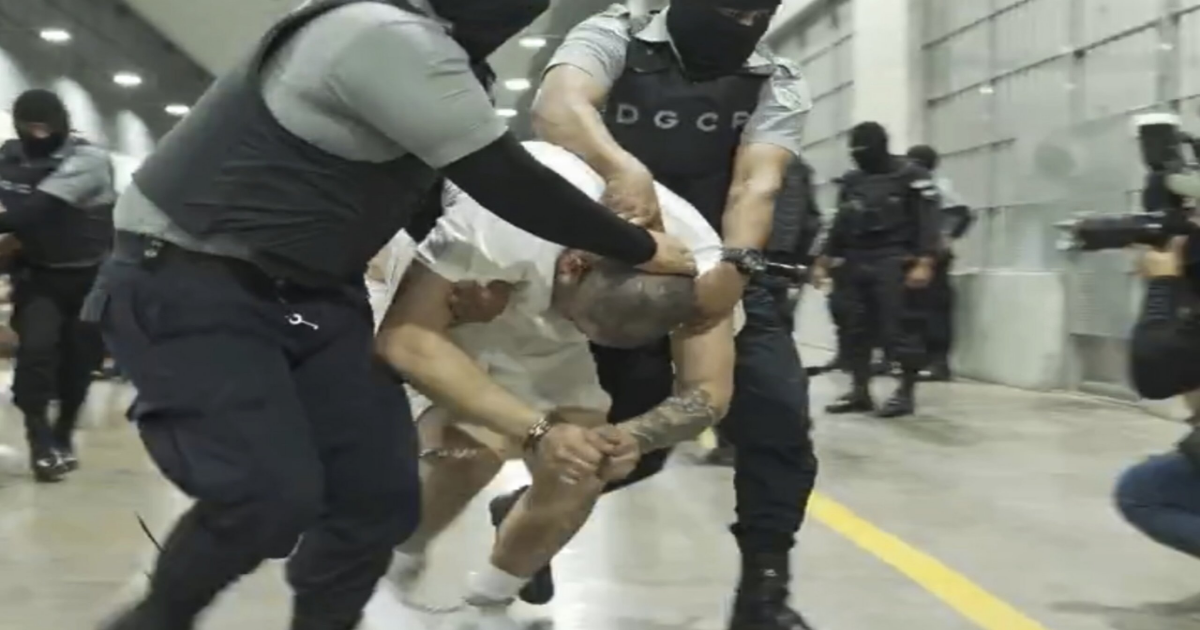In her most recent order in the case of Kilmar Abrego Garcia, the Maryland man erroneously deported to El Salvador, U.S. District Judge Paula Xinis ordered officials from President Donald Trump’s administration to sit for depositions with Abrego Garcia’s attorneys.
Previously, Judge Xinis found that the government was required to “facilitate the release of Mr. Abrego Garcia from custody in El Salvador,” said David Noll, a law professor at Rutgers Law School in New Jersey.
On Tuesday, Xinis ordered discovery, “which is the fact-finding process in civil cases, into basically what the government is doing to comply with its obligations,” Noll said.
On Wednesday, the Trump administration filed its intention to appeal the order from Xinis to the U.S. Court of Appeals for the Fourth Circuit.
“Sometimes, people want to see a very quick response from the courts. That’s not usually the way that the courts work,” Noll told WTOP.
Should the Trump administration fail to comply with her latest order, Noll said the judge does have the option of finding those officials in contempt.
“One way that somebody can be in contempt of court is by defying a lawful order of the court,” Noll said. “We haven’t gotten there yet, but the first thing that will happen is the court will issue something called “an order to show cause.’”
Noll explained that requires the person cited for contempt to come before the judge and explain why they haven’t complied with the order of the court.
Noll said in the case of Abrego Garcia and the government’s position before the court, “If the government can’t offer a convincing explanation,” those officials could be held in contempt, “and then it will fall to the court to pick a sanction that induces them to comply with the court’s judgment.”
Contempt can be civil or criminal, and Noll said, “when we think about civil contempt, that’s usually designed to force compliance with the court’s orders.”
Noll offered the example of a journalist who is jailed for failing to provide information that could reveal sources. If the journalist decided to comply with the court’s order, that contempt would be “purged,” Noll said, and the journalist would be released.
In the case of criminal contempt, “which is more like a criminal prosecution,” Noll said, there is a punishment for failing to comply with a court order.
Referring to the Abrego Garcia case, he said, “the court could go either way here. It could initiate civil contempt proceedings or criminal contempt proceedings.”
In either case, Noll said, “the most severe penalty that the court can impose is to order the arrest” of those found guilty of contempt of court. But, he added, it’s more likely in most cases that a judge would impose fines or other penalties before ordering jail time.
Get breaking news and daily headlines delivered to your email inbox by signing up here.
© 2025 WTOP. All Rights Reserved. This website is not intended for users located within the European Economic Area.
